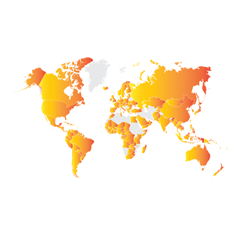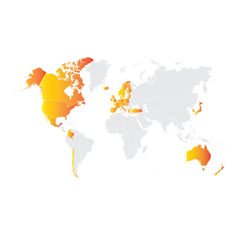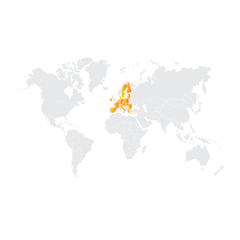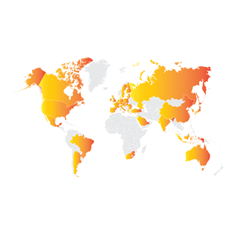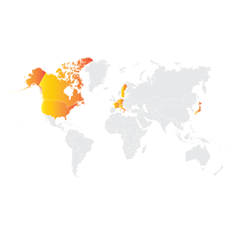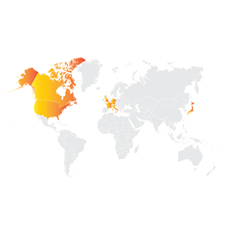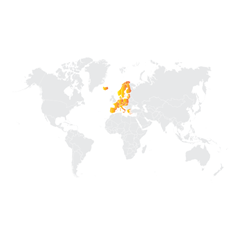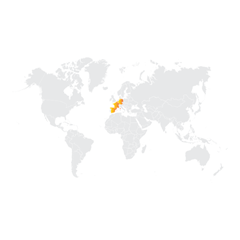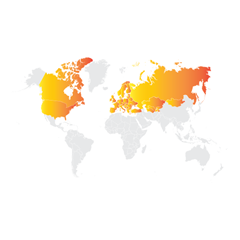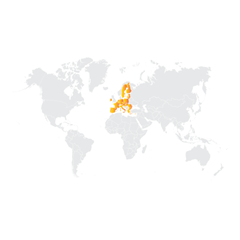Guadeloupe
Critical minerals, policy, and the energy transition
The Energy Transition in Guadeloupe
Guadeloupe’s energy transition is closely aligned with France’s national decarbonisation strategy, as the island is an overseas department of France and part of the European Union. The current energy mix includes a combination of imported fossil fuels, geothermal, solar PV, wind, and biomass, with renewables supplying around 22% of electricity generation. The island hosts one of the Caribbean’s only operational geothermal plants at Bouillante, providing baseload renewable power. Guadeloupe’s Multi-Year Energy Programme (PPE) sets ambitious targets to achieve 50% renewable energy by 2030, focusing on scaling geothermal capacity, offshore wind, and battery storage to stabilise the grid and reduce diesel use. There is no domestic production of critical minerals, with full dependency on imports for essential materials like lithium, cobalt, nickel, and rare earth elements required for renewable technologies and energy storage systems. Key challenges include hurricane vulnerability, intermittency of renewables, and the need for further grid modernisation. However, Guadeloupe benefits from EU funding, French government support, and regional cooperation via CARICOM and OECS. The island’s established geothermal sector, clear policy direction, and access to European climate financing position Guadeloupe as a regional leader in renewable energy deployment and energy resilience.




Meet the Critical Minerals team
Trusted advice from a dedicated team of experts.

Henk de Hoop
Chief Executive Officer

Beresford Clarke
Managing Director: Technical & Research

Jamie Underwood
Principal Consultant

Dr Jenny Watts
Critical Minerals Technologies Expert

Ismet Soyocak
ESG & Critical Minerals Lead

Thomas Shann Mills
Senior Machine Learning Engineer

Rj Coetzee
Senior Market Analyst: Battery Materials and Technologies

Franklin Avery
Commodity Analyst

Shunjie Zhao (Tony)
Commodity Analyst: APAC
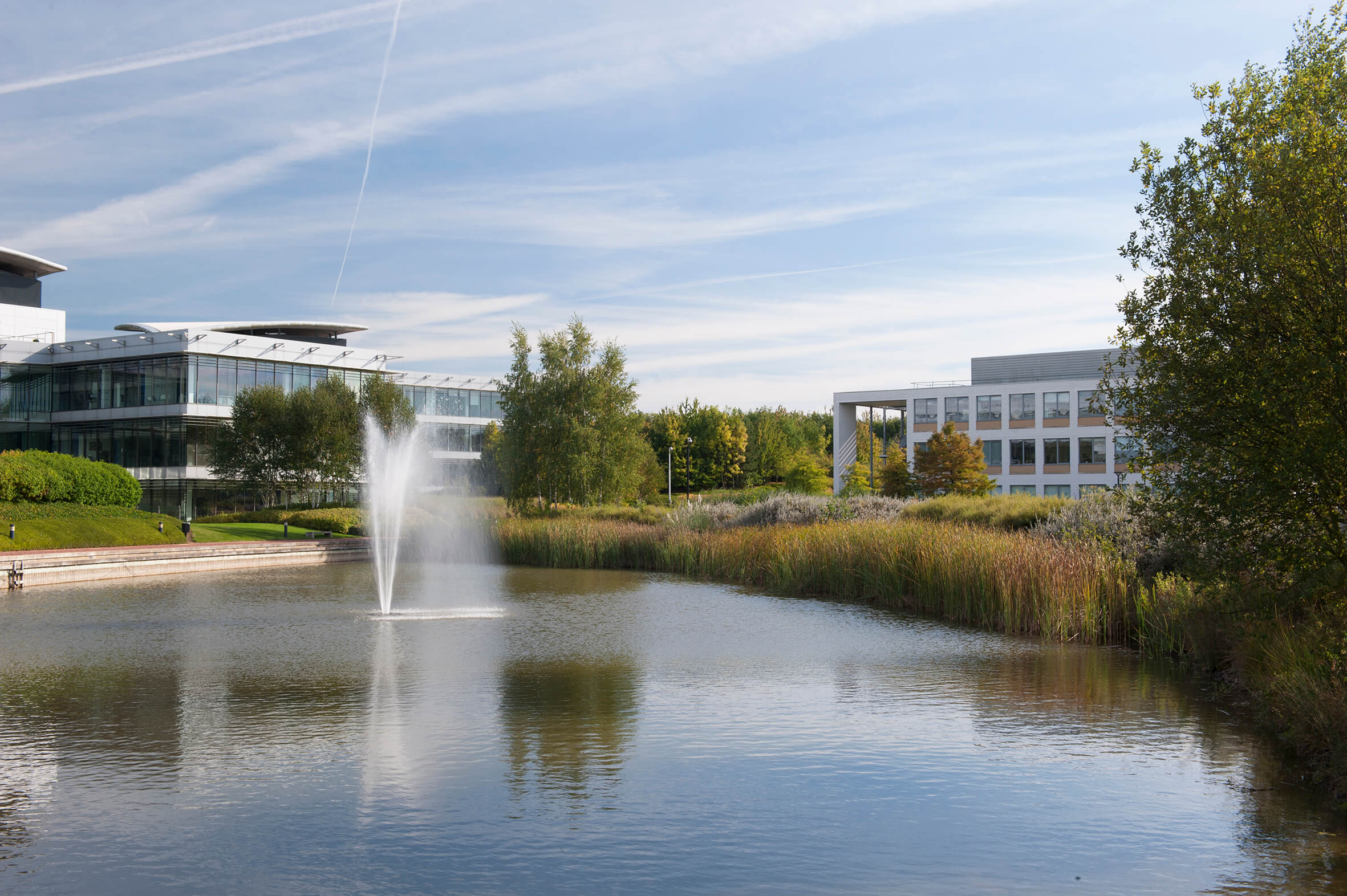
How can we help you?
SFA (Oxford) provides bespoke, independent intelligence on the strategic metal markets, specifically tailored to your needs. To find out more about what we can offer you, please contact us.

